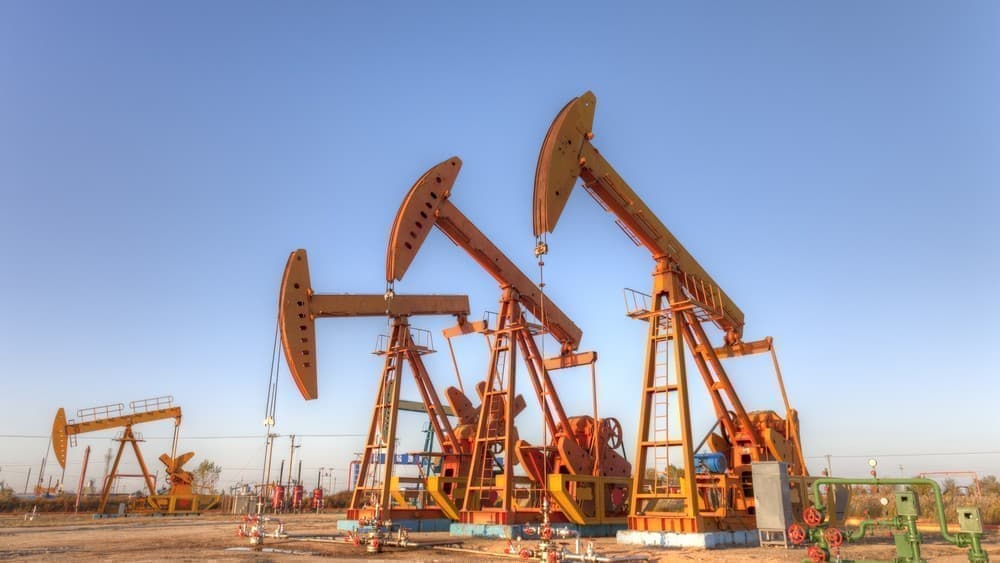Gas Investment
Investing in natural gas, a complex and dynamic industry, can present a golden opportunity for Oil Well Shareholders. As the demand for energy continues to surge, the demand for natural gas also steadily rises. According to the International Energy Agency (IEA), the demand for natural gas, the fastest-growing fossil fuel, is expected to swell by over 45% by 2040, making it a sound investment. In this article, we will delve into the fundamentals of gas investment and evaluate the vital factors that investors must consider before diving into the natural gas industry.
The landscape of gas investment is rich and varied, providing a plethora of options for Oil Well Shareholders to invest their resources. Direct investment, the first option, involves shareholders purchasing shares of companies that specialize in gas exploration, production, and distribution. These firms, including integrated oil and gas companies, independent gas producers, and midstream companies, must be carefully evaluated for their financial strength, track record, and exposure to regulatory risks before investors consider them.

The second option is to invest in natural gas through Exchange-Traded Funds (ETFs) and Mutual Funds. These funds invest in natural gas-related assets such as stocks, futures, and options. By investing in ETFs and mutual funds, shareholders can reap the benefits of diversification and gain exposure to the entire natural gas industry instead of just one company.
Futures and options are the third option that enables shareholders to invest in natural gas by betting on the price movements of natural gas. These financial instruments have a standardized format, making them highly liquid and tradable, allowing investors to make profitable decisions.
Before investing in natural gas, Oil Well Shareholders must assess a wide range of critical factors to make an informed decision. Price volatility, one of the most prominent factors, can cause significant price swings in natural gas prices, so investors must adopt a long-term investment horizon and hold their investments for several years.
Regulatory risks, a potential obstacle, are inherent to the natural gas industry, with environmental regulations, tax laws, and export regulations posing significant challenges. Therefore, investors must evaluate the regulatory environment and the potential impact of regulatory changes on the natural gas industry.
Market demand, a crucial factor, is subject to various influences, including economic growth, weather conditions, and technological advancements, among others. Investors must analyze the market demand and its potential future growth before investing.
Production costs, an integral factor, vary significantly depending on the location, type of natural gas, and extraction method. Therefore, shareholders must evaluate the production costs and the profitability of natural gas companies before investing.
Geopolitical risks, a final and critical factor, include conflicts, sanctions, and political instability, which can significantly impact natural gas prices. Investors must analyze the geopolitical risks and their potential impact on natural gas prices before investing.
In conclusion, investing in natural gas can be a profitable opportunity for Oil Well Shareholders, but it is a complex and dynamic industry that demands careful consideration. Direct investment requires a thorough analysis of individual companies, while investing in ETFs and mutual funds provides diversification benefits. Futures and options contracts offer exposure to natural gas price movements, but shareholders must consider the critical factors discussed above before investing in the natural gas industry. By making informed investment decisions, Oil Well Shareholders can maximize their profits and succeed in the natural gas industry.

Contact
Get In Touch
Complete the form below for general inquiries. If you’re interested in investing or would like to learn more about our offerings, take a look at our Investment Opportunities.
